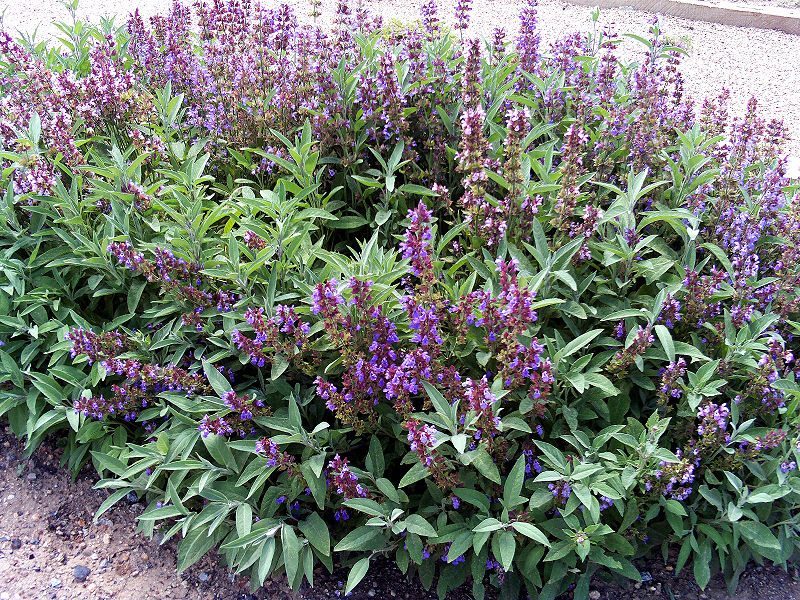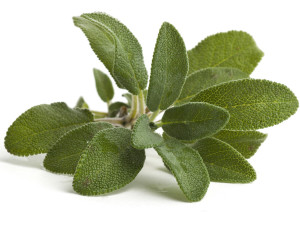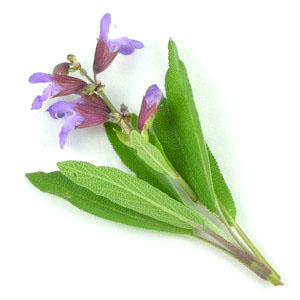Sage – Herb helps to slow down the ageing process
Sage – Common Name – Common Sage, Garden Sage In Latin proper name Salvia officinalis
This is a perennial evergreen shrub and generally grows about thirty to sixty cm high,with wiry stems. Sage leaves are set in pairs on the stem are about three to five cm long,rounded at the ends,greyish-green and softly hairy. The flowers are in whorls, blue to purplish and the corollas lipped, they blossom in late spring or summer. All parts of the plant have a strong, scented odor and a warm,bitter, somewhat astringent taste.
Sage Herb – Health benefits – Medicinal values – culinary uses
- Strongly antioxidant,antibacterial and preservative
- Boosts memory
- Reduces hot flushes in many menopausal women
- Has anti-inflammatory properties
Rich in beneficial compounds,sage help to slow down the ageing process and minimize symptoms of arthritis and asthma
Sage – Top ten of herbs that have the most powerful antioxidant effect
Sage contains a variety of volatile oils, flavonoids and phenolic acids. Sage is in the top ten of herbs that have the most powerful antioxidant effect,neutralizing the cell-damaging free radicals that the thought to be linked with ageing process.
Sage – An outstanding memory enhancer
Herbalists have long believed that sage is an outstanding memory enhancer and in trials,even small amounts significantly improved short-term recall. Its antibacterial effect can help reduce the number of hot flushes in menopausal women, and is recommended for people with inflammatory conditions such as the rheumatoid arthritis and asthma
Did you know Ancient greeks use sage to help preserve meat,while 10th century physicians in Arabia believed it helped promote immortality





















